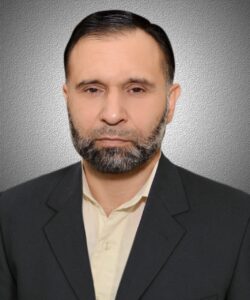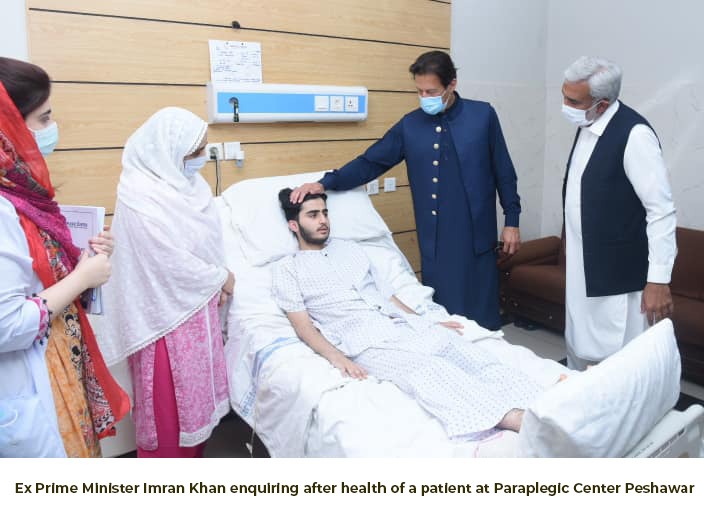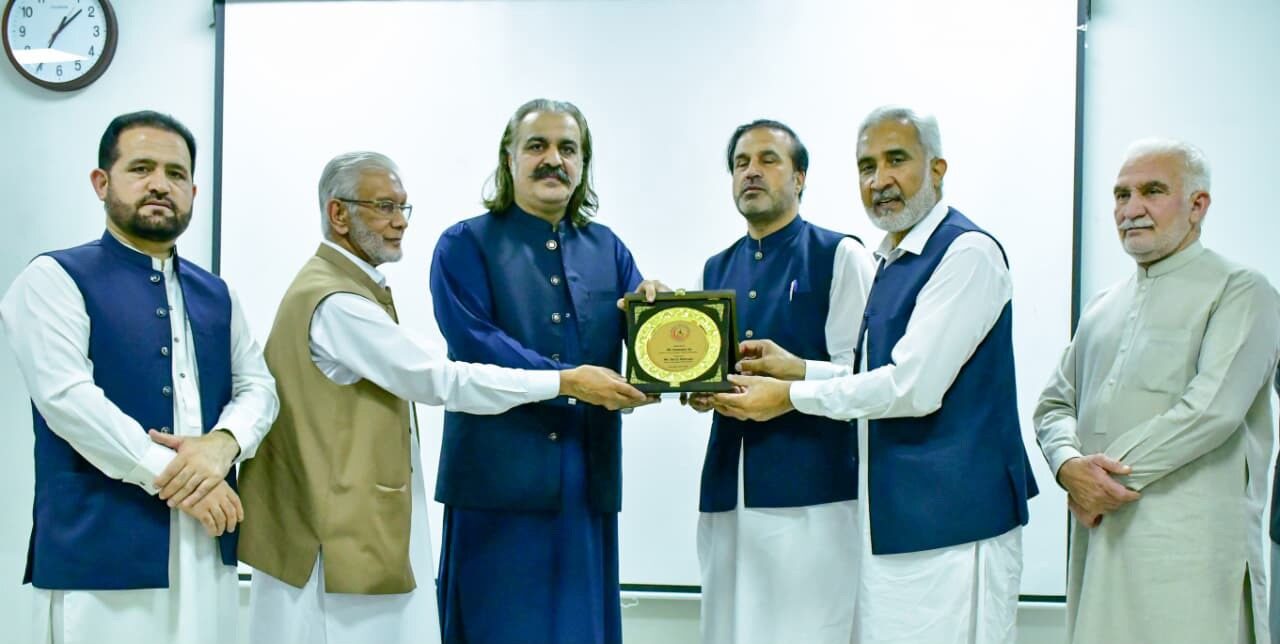 By: Ghulam Hussain Ghazi
By: Ghulam Hussain Ghazi
Few institutions in Pakistan can truly be called unique. The Paraplegic Center Peshawar (PCP) is one such rare institution, dedicated not only to treating spinal cord injuries but also to restoring human dignity, confidence and hope.
Founded during the Afghan war with the support of the International Red Cross, PCP remains Pakistan’s only national-level rehabilitation facility exclusively for spinal cord injury patients. For decades, it has stood as a beacon of hope for thousands who lost mobility in accidents but refused to surrender their will to live.
The center’s rebirth is inseparable from the inspiring story of its CEO Dr. Syed Muhammad Ilyas. After a successful decade-long career in the United States, he returned to Pakistan when the center was in decline. With staff demoralized, resources exhausted and infrastructure crumbling, PCP was on the verge of collapse.
Hence Dr. Ilyas Syed did not return for a position, he came back to save the institution. Selling his car and house, he personally funded its revival until philanthropists, NGOs and later the government stepped in. Even today, nearly 45% of PCP’s expenses are covered by donations and international partners, thanks to his relentless struggle.
Under his leadership, PCP expanded services, made treatment free and introduced specialized departments for conditions like clubfoot in children and Autism Spectrum Disorder. Patients and attendants receive free meals and upon successful rehabilitation, patients are proudly called “graduates”, a reflection of the center’s respect for human dignity.
Its culture is best captured in a popular slogan: “The patient is the real boss.” Stories of resilience echo in its corridors, of patients refusing to give up and of professionals dedicating their lives to serve them.
Recently, the newly constituted Board of Governors, chaired by former Chief Secretary Khyber Pakhtunkhwa Dr. Shahzad Bangash, held its first meeting. Administrative and financial affairs were reviewed, committees for finance, HR and audit were restructured and outgoing members were honored. Both Dr. Bangash and Dr. Ilyas pledged to continue the mission of transforming PCP into a world-class facility.
The center also received a fresh boost when Chief Minister Ali Amin Gandapur visited and announced increased funding, promising to ease financial challenges and open new avenues of growth. Earlier, former Prime Minister Imran Khan had also visited, meeting patients and staff during the COVID-19 crisis and acknowledging the center’s national importance.

PCP already houses a modern orthotics department and a factory producing customized wheelchairs and assistive devices, though currently in a rented space. A purpose-built facility could not only increase production but also save foreign exchange and eventually enable exports.
Another urgent need is a dedicated prosthetics department, capable of producing artificial limbs using advanced technology, including artificial intelligence. This innovation would save millions in imports and give hope to thousands who cannot afford foreign-made prosthetics, while positioning Pakistan among global leaders in assistive technology.
With Dr. Shahzad Bangash’s administrative experience, Dr. Ilyas’s visionary leadership and the diverse expertise of the new board, these ambitious goals are within reach. Challenges remain but the foundation is strong and the determination unshakable.
In a world where quality rehabilitation is still a dream for many, PCP’s mission is both vital and exemplary. Backed by leadership, philanthropy and the resilience of patients, it is poised to become not just a national treasure but a global benchmark of hope and healing.

